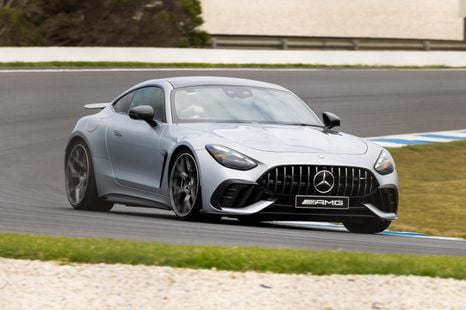

Damion Smy
2026 Mercedes-AMG GT63 Pro review: Quick drive
4 Hours Ago

Senior Contributor
Volvo Cars says its next-generation products launching from 2022 will be hardware-ready for “fully autonomous highway driving”. It’s just country-by-country legislation that will impede the rollout.
The Swedish-Chinese company that is renowned for its longstanding safety cred this week announced a partnership with Silicon Valley’s Luminar to source expensive and highly sophisticated LiDAR and perception technology, driving down costs through economy of scale and ensuring it remains a safety pioneer.
“The partnership will deliver Volvo’s first fully self-driving technology for highways and paves the way for future active safety developments,” the company said.
Volvo Cars claims its so-called SPA 2 modular vehicle architecture (its current cars use SPA 1) will be available as “hardware-ready for autonomous drive from production start in 2022”, with the Luminar LiDAR “seamlessly integrated” into the roof.
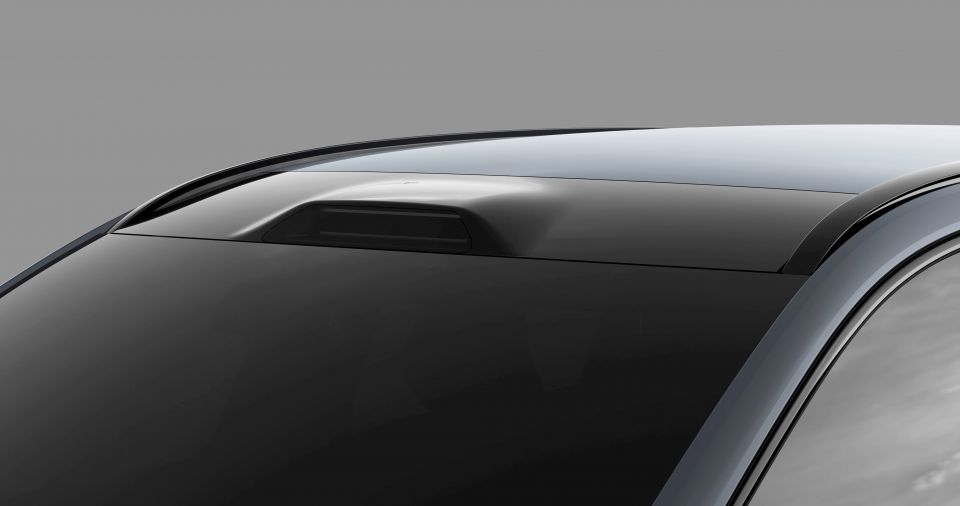
The plan is for cars based on SPA 2 to be updated with software over the air and if customers decide to opt for it, the ‘Highway Pilot’ feature that enables “fully autonomous highway driving” will be activated once it is verified as safe for individual geographic locations and conditions.
“Autonomous drive has the potential to be one of the most lifesaving technologies in history, if introduced responsibly and safely,” said chief technology officer at Volvo Cars, Henrik Green.
“Soon, your Volvo will be able to drive autonomously on highways when the car determines it is safe to do so. At that point, your Volvo takes responsibility for the driving and you can relax, take your eyes off the road and your hands off the wheel. Over time, updates over the air will expand the areas in which the car can drive itself. For us, a safe introduction of autonomy is a gradual introduction.”
Luminar’s LiDAR sensors emit millions of pulses of laser light to detect where objects are by scanning the environment in 3D, creating a temporary, real-time map without requiring internet connectivity.
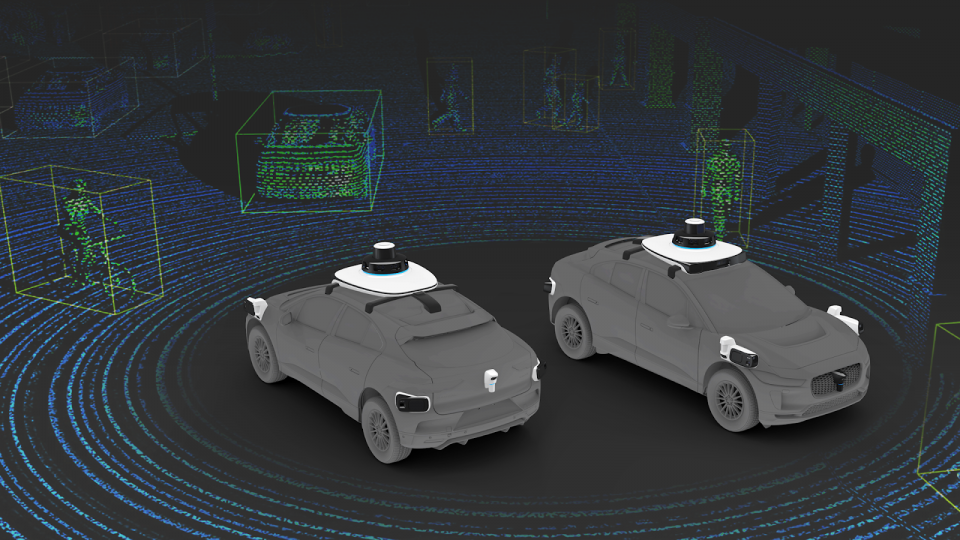
It is unanimously seen as key in creating cars that can navigate safely in autonomous mode, providing them with the vision and perception that cameras and radar alone do not provide. LiDAR is the ideal basis for safe decision-making in complex environments at high speeds.
To enable the Highway Pilot feature, Luminar’s perception technology will be combined with autonomous drive software and the cameras, radars and back-up systems for functions such as steering, braking and battery power installed on forthcoming Volvo cars equipped for self-driving.
Volvo Cars and Luminar’s newly deepened collaboration is designed to “jointly ensure robust industrialisation and validation of Luminar’s LiDAR technology for series production”.
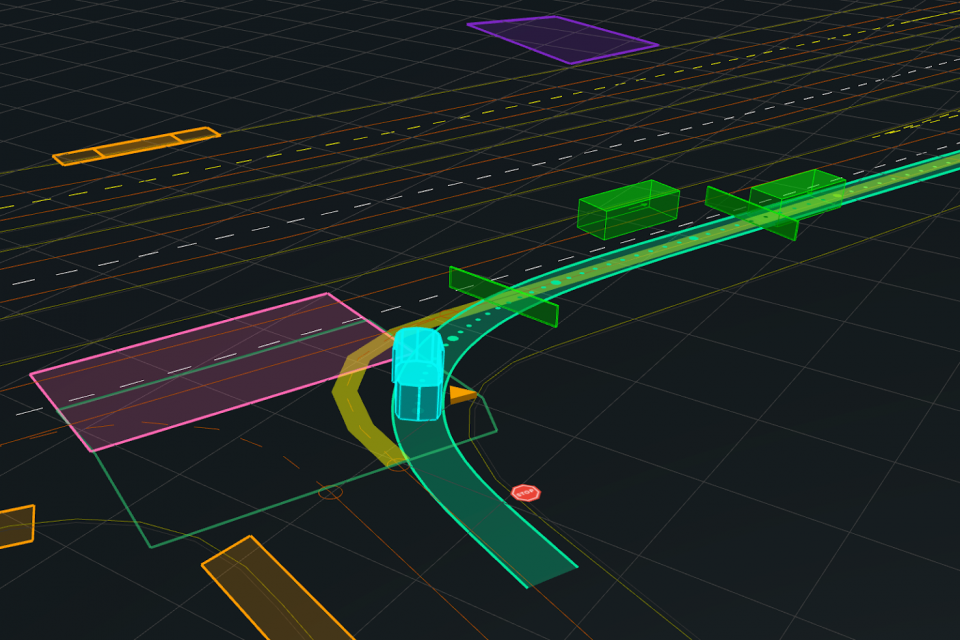
Volvo Cars has also signed an agreement to possibly increase its minority stake in Luminar.
“Volvo is recognised as the pioneer of automotive safety, having driven standardisation across the industry for the most advanced life-saving technologies,” said founder and CEO of Luminar Austin Russell.
“The next era of safety lies within autonomous driving and once again, Volvo has taken the lead with a major industry milestone. We’ve solved the key cost, performance, and auto-grade challenges to make series production possible, and alongside Volvo are making the technology available to the world.”
Go deeper on the cars in our Showroom, compare your options, or see what a great deal looks like with help from our New Car Specialists.


Damion Smy
4 Hours Ago
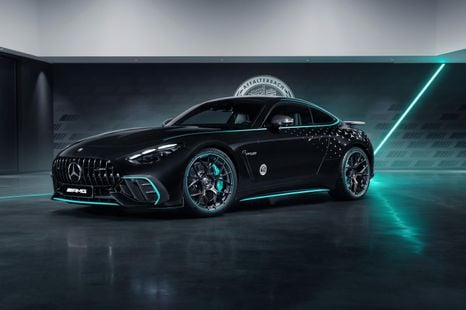

Damion Smy
4 Hours Ago
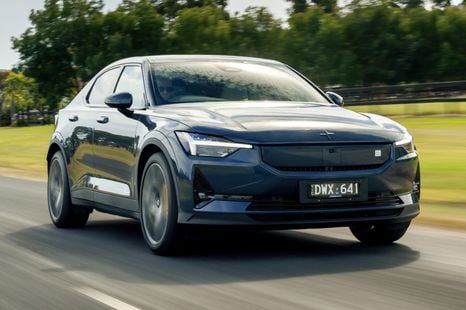

James Wong
11 Hours Ago
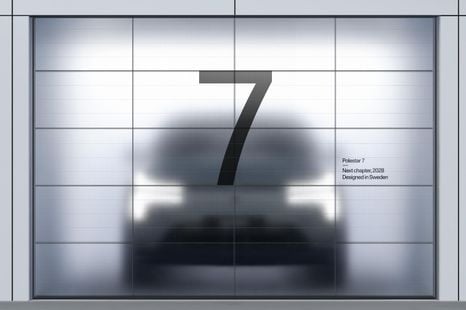

James Wong
12 Hours Ago
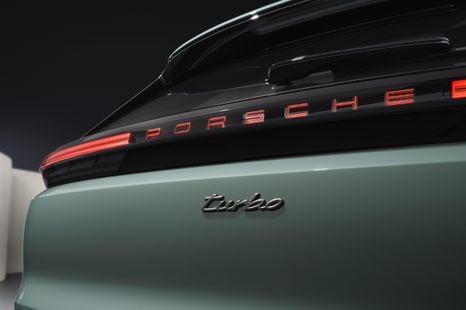

William Stopford
13 Hours Ago
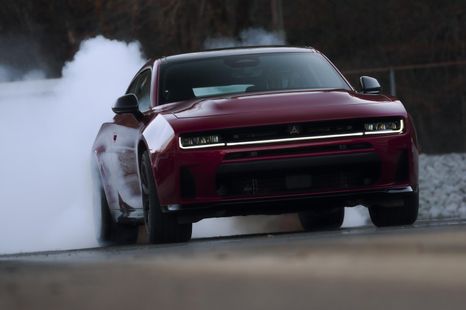

William Stopford
15 Hours Ago
Add CarExpert as a Preferred Source on Google so your search results prioritise writing by actual experts, not AI.